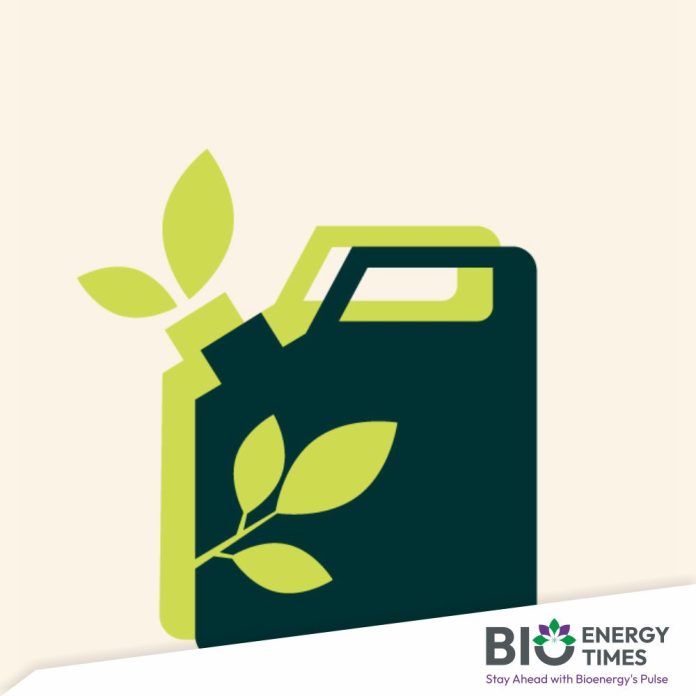Guwahati: A team of researchers in Assam has developed a fungal-based formula to produce clean fuel from a blend of edible and non-edible oils, using waste left over from mushroom farming, reported The Hindu.
The group created an efficient catalyst from spent mushroom substrate—the residue left after mushroom harvesting—to generate biodiesel from a mix of four oils: jatropha, neem, soybean, and rice bran. Each oil was blended in equal proportion. Their findings were published in the latest issue of Bioresource Technology Reports.
The study was led by Sujata Brahma and Sanjay Basumatary from Bodoland University’s Department of Chemistry, along with researchers from CSIR-North East Institute of Science and Technology, Kokrajhar Science College, and Bodoland University’s departments of Botany and Biotechnology.
The catalyst was made by converting powdered mushroom waste of Ganoderma lucidum into graphene oxide with ferrocene, followed by magnetisation and treatment with potassium carbonate. This nanocomposite was then used for trans-esterification—the process of turning fats and oils into biodiesel.
“Biodiesel, or fatty acid methyl ester (FAME), is a promising alternative to fossil fuels,” said Sandeep Das of Bodoland University. “It is mainly produced by trans-esterification of vegetable oils or animal fats with alcohol in the presence of a catalyst. Heterogeneous catalysts are particularly valuable because they are reusable, cost-effective, and produce very little wastewater.”
The study also highlighted the environmental benefits of the approach. Mushroom farming, which is expanding worldwide due to the crop’s nutritional and medicinal value, generates large amounts of post-harvest waste. This spent substrate is often dumped or burned, creating pollution. Using it for fuel production offers both a waste-management solution and a clean energy source.
The researchers further noted that blending edible and non-edible oils—including waste cooking oil—helps avoid competition with food supplies while still producing high-quality biodiesel.















